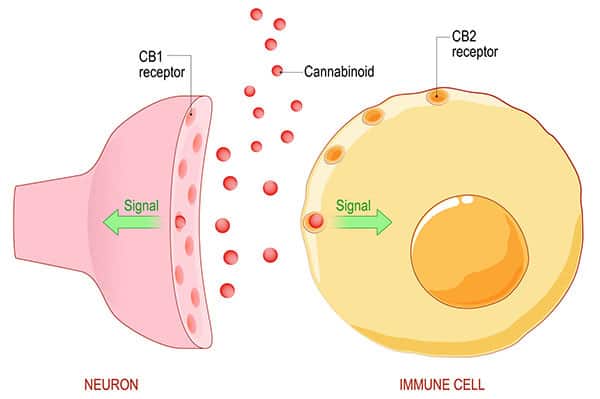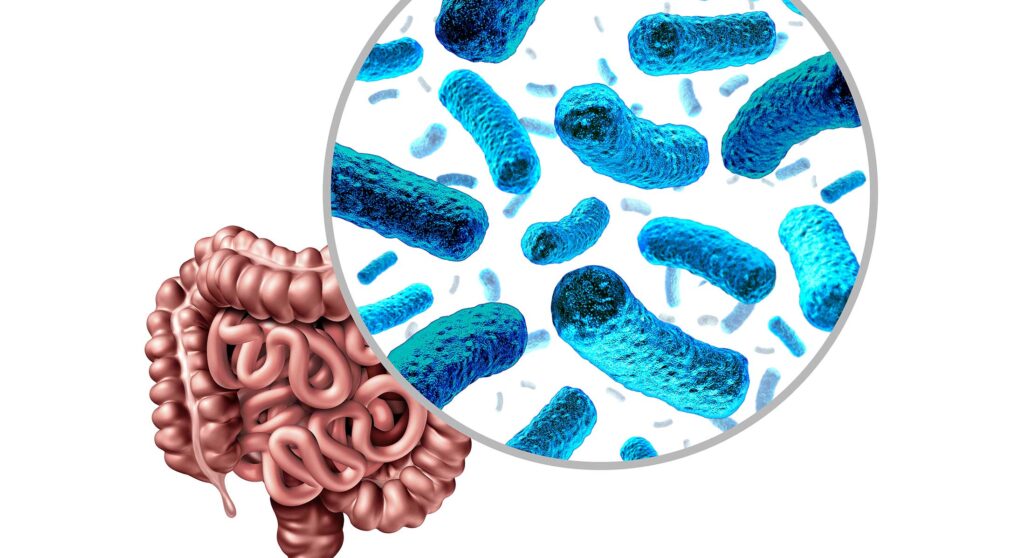Research continues to reveal the incredible ways in which exercise can benefit the human body. From improving cardiovascular health to boosting mental well-being, its positive effects are well-documented. However, a recent study has uncovered another fascinating aspect of exercise – its ability to alter the composition of the gut microbiome and reduce inflammation. In particular, the study highlights the role of the body’s own cannabis-like substances, known as endocannabinoids, in mediating these anti-inflammatory effects. Let’s delve deeper into this groundbreaking research.

In the 1990s, scientists made an astonishing discovery – the human body produces its own version of the active compounds found in cannabis, known as endocannabinoids. These natural compounds play a crucial role in various physiological processes and have been linked to depression, weight loss, and inflammation reduction. The endocannabinoid system, comprising receptors, enzymes, and the endocannabinoids themselves, has since been the subject of extensive research.
Seeking to explore the mechanisms through which exercise can decrease chronic inflammation, researchers at the University of Nottingham conducted a study involving 78 arthritis patients. Half of the participants engaged in a daily exercise regime consisting of 15 minutes of muscle-strengthening workouts for six weeks, while the other half remained inactive. The results were enlightening.
The group that exercised experienced a notable reduction in pain levels compared to the inactive group. This positive outcome further emphasizes the importance of physical activity in managing chronic conditions such as arthritis.

Interestingly, the researchers observed significant changes in the gut microbiome of the exercise group. They found an increase in the presence of microbes that produce anti-inflammatory substances, along with higher levels of endocannabinoids. The rise in endocannabinoids was strongly linked to the observed changes in the gut microbiome, suggesting a potential mechanism through which exercise influences inflammation.
The study indicated that at least one-third of the anti-inflammatory effects resulting from the exercise regime could be attributed to the increase in endocannabinoids. This finding highlights the importance of these natural compounds in modulating inflammation and potentially benefiting a range of conditions.
Dr. Amrita Vijay, the study’s first author, stresses the significance of exercise in increasing the body’s own cannabis-like substances. As the interest in cannabidiol (CBD) oil and other supplements continues to grow, understanding the potential of simple lifestyle interventions like exercise becomes paramount. This research opens doors to explore novel treatment approaches and encourages individuals to consider exercise as a natural means of modulating endocannabinoids and improving their overall well-being.
The study conducted by the University of Nottingham sheds light on the fascinating interplay between exercise, the gut microbiome, and the body’s endocannabinoid system. The findings underscore the remarkable potential of exercise to enhance the production of endocannabinoids, subsequently reducing inflammation and benefiting individuals with conditions like arthritis. By staying informed about the latest research, we can embrace exercise as a powerful tool for improving our health and well-being.